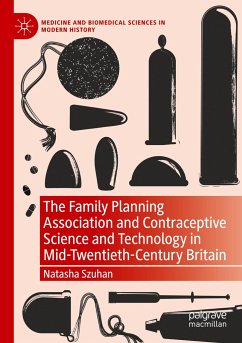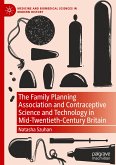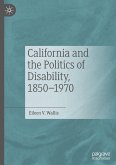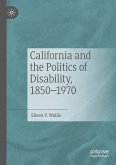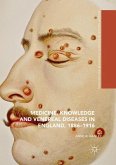This book offers the first in-depth investigation into the relationship between the National Birth Control Association, later the Family Planning Association, and contraceptive science and technology in the pre-Pill era. It explores the Association's role in designing and supporting scientific research, employment of scientists, engagement with manufacturers and pharmaceutical companies, and use of its facilities, patients, staff, medical, scientific, and political networks to standardise and guarantee contraceptive technology it prescribed and produced. By taking a micro-history approach to the archives of the Association, this book highlights the importance of this organisation to the history of science, technology, and medicine in twentieth-century Britain. It examines the Association's participation within Western family planning networks, working particularly closely with its American counterparts to develop chemical and biological means of testing contraception for efficacy, quality, and safety.
Bitte wählen Sie Ihr Anliegen aus.
Rechnungen
Retourenschein anfordern
Bestellstatus
Storno

